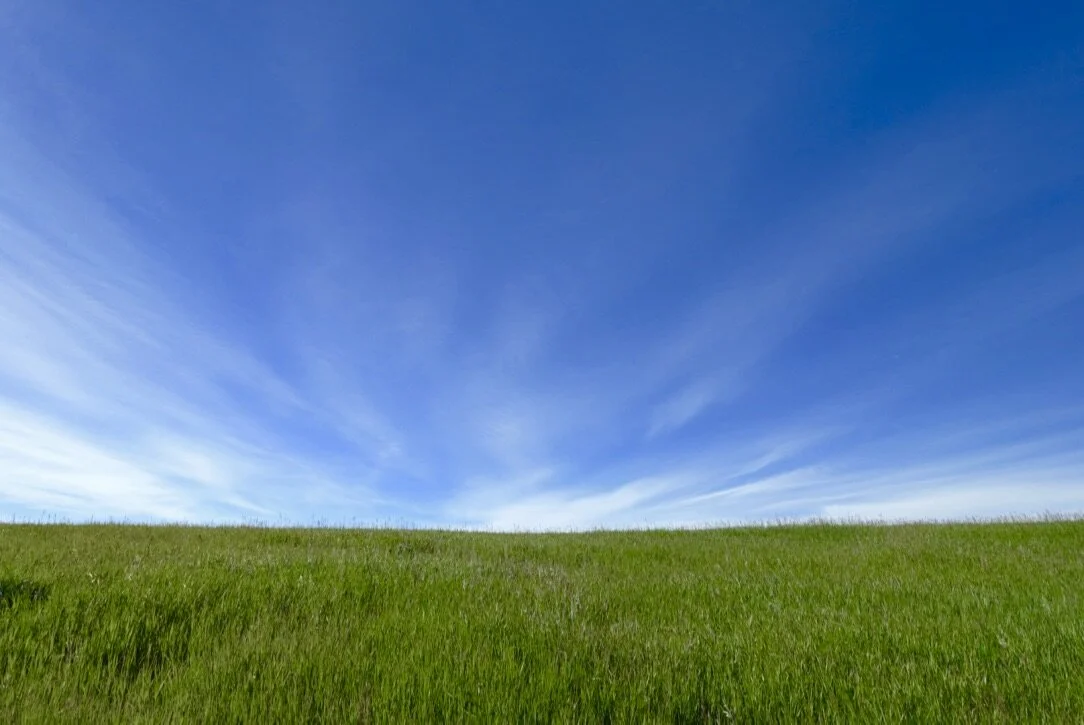Unless you’re an economics nerd, you've likely not heard of “discount rates”. Behind this technical term, however, lies one of the more contentious debates at the heart of how we deal with climate change.
Last year I moved into my first ever high rise. I now wake up every day in a bedroom that is 20 stories above the ground. I take an elevator every time that I leave or come home. While the view is great, this sudden increase in elevation reminded me of how dependent I am on so many systems – on having electricity available all the time to power that elevator, on having water pumped up every day to my faucets, and on having regular access to maintenance staff to fix all of the small things that wear out over time. How well would I do if there were ever a prolonged power outage or a water shortage? The systems in our lives are often invisible to us until they stop working, at which point they become very important.
About a year into my first professional job, the economy went through a recession. The company I was working for was small, and profit margins were thin. To survive this period, the company rolled back wages for everyone working there. While I was still making a decent salary, my apartment rent suddenly took up a much larger proportion of my paycheque.




